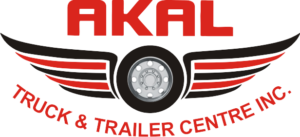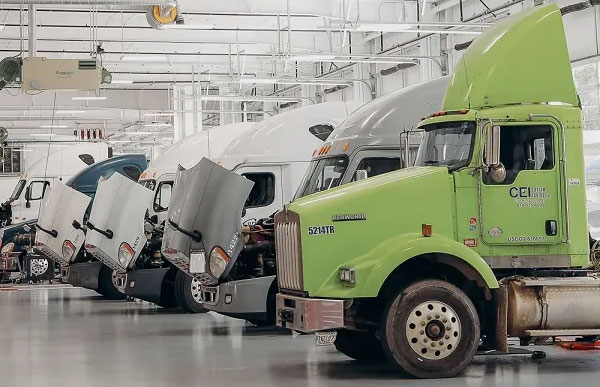Fuel efficiency is a key factor in managing the profitability of any fleet. High fuel costs can cut deeply into your bottom line, but with proper maintenance and attention to detail, you can significantly improve your fleet’s fuel economy. This guide explores practical tips to achieve this, including where to seek help for Heavy Truck Repair Winnipeg services.
1. Regular Engine Maintenance
Your truck’s engine plays a critical role in fuel consumption. Dirty air filters, worn-out spark plugs, and clogged fuel injectors can cause inefficiencies. Schedule regular tune-ups and inspections to ensure the engine is running optimally. Consider partnering with experts in Heavy Truck Repair Winnipeg for thorough engine maintenance services.
2. Keep Tires Properly Inflated
Underinflated tires increase rolling resistance, forcing the engine to work harder and burn more fuel. Use a tire pressure monitoring system or manually check tire pressure frequently. Additionally, opt for professional tire alignment and balancing to minimize drag and improve mileage.
3. Use High-Quality Oil and Fluids
Using the right grade of engine oil and replacing it at recommended intervals helps reduce friction and improve engine performance. Premium-grade oil and transmission fluids also extend the lifespan of key components, further boosting fuel efficiency.
4. Address Aerodynamics
Aerodynamic drag can impact your fleet’s fuel economy, especially at higher speeds. Consider adding side skirts, trailer tails, or deflectors to reduce air resistance. Ensuring all body panels and accessories are properly secured can also make a difference.
5. Monitor the Fuel System
Fuel leaks, clogged fuel lines, or malfunctioning injectors can waste significant amounts of fuel. Regularly inspect the fuel system and address issues promptly. A reliable Heavy Truck Repair Winnipeg center can diagnose and fix these problems to ensure your trucks perform efficiently.
6. Plan Routes Efficiently
Efficient route planning minimizes fuel consumption. Use GPS systems and fleet management software to avoid traffic congestion and plan the shortest possible routes. Reduced idle time and fewer unnecessary stops contribute to better fuel efficiency.
7. Train Drivers for Better Practices
Driver behavior directly affects fuel economy. Train your drivers to avoid aggressive acceleration, sudden braking, and prolonged idling. Encourage them to use cruise control whenever possible and maintain consistent speeds.
8. Invest in Preventive Maintenance
Preventive maintenance is the cornerstone of fleet efficiency. Regularly inspecting components like brakes, suspension, and drivetrain ensures they don’t strain the engine. Preventive care reduces the likelihood of expensive breakdowns and boosts fuel efficiency.
By following these strategies and seeking professional services for Heavy Truck Repair Winnipeg, you can significantly improve your fleet’s fuel efficiency. A well-maintained fleet not only saves fuel but also minimizes downtime, improves safety, and increases the lifespan of your vehicles. Start prioritizing maintenance today to enjoy these long-term benefits!




